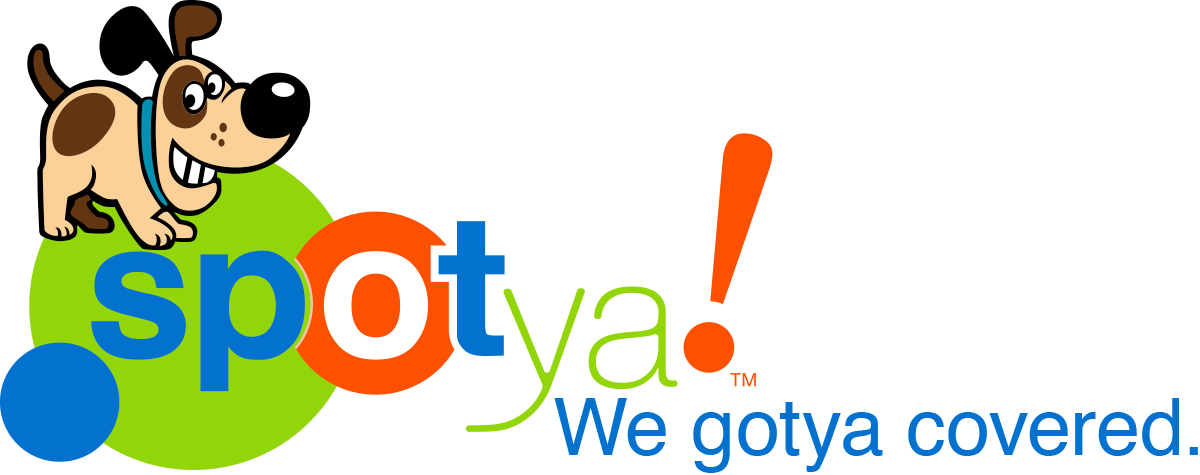Creating a good working budget is a great way to keep your income from being used for cash advance fees or credit card interest. It is easier said than done unless you have a good concept of money. Some people with this knowledge still fail because they do not have a handle on spending. People with a handle on spending and can budget well may still fall into trouble with finances due to emergency costs. Do you see where I am going with this? There is no perfect scenario, even the most prepared will still run into difficulties. Knowing and applying basic budgeting concepts is a great way to plan, help prevent and recover quickly.
There are many free credit counseling services available to help. There are self-help books you can find at libraries book stores and on the Internet. If you are looking for a few quick tips to get you started, then all you have to do is stay where you are keep reading.
- The first step to any good budget is to calculate how much money you earn after taxes. Use your paycheck stub and include any side jobs investments and tips you may receive throughout the month. Calculate the average if you do not have set wages. I might add in here to that taking the low average to budget with will make more months successful and at times give you the extra to put towards emergencies.
Plan for emergencies to avoid cash advance or credit card debt
- Create categories for expenses. Suggestions for typical monthly costs are; housing, food, auto, savings, clothing, groceries, gas and entertainment/extras.
- Save receipts for a month so you can calculate a budgeted price for each category. Save every receipt, yes even the stop for a coffee receipt. Each one has a place and in order to get control of your money, you need to know where your money is going.
- Once you have costs for each category, Divide you income up accordingly. Set goals for each one, especially if certain areas will need to be cut back. Groceries/food costs tend to be the category with the most fluctuation. Take an inventory of your pantry and freezer in order to become a better shopper.
- The more accurate you can be for each category, the easier it will be to budget in the long run.
- Add up all your categories, you income should cover it all. If not, start looking where you can either cut back on costs or increase money coming in.
- What is the easiest way to keep track of your budget? Would you work better using a spreadsheet on the computer or keep track of costs in a ledger? There are computer budgeting programs which work well too.
- Set everything up on whichever format you choose.
- Do you want to create a weekly, monthly or quarterly budget? Monthly tends to be the most effective since many expenses are paid once a month.
- Enter your starting amount and subtract as the month proceeds.
You may still need a cash advance to cover an emergency cost.
Until you get your savings built, you may find yourself using a cash advance short-term loan or a credit card to cover some unexpected costs. If you do, try to skimp back on as much as you can in order to pay it off quickly. Once you build you savings, you will limit your need for any type of third party money.











